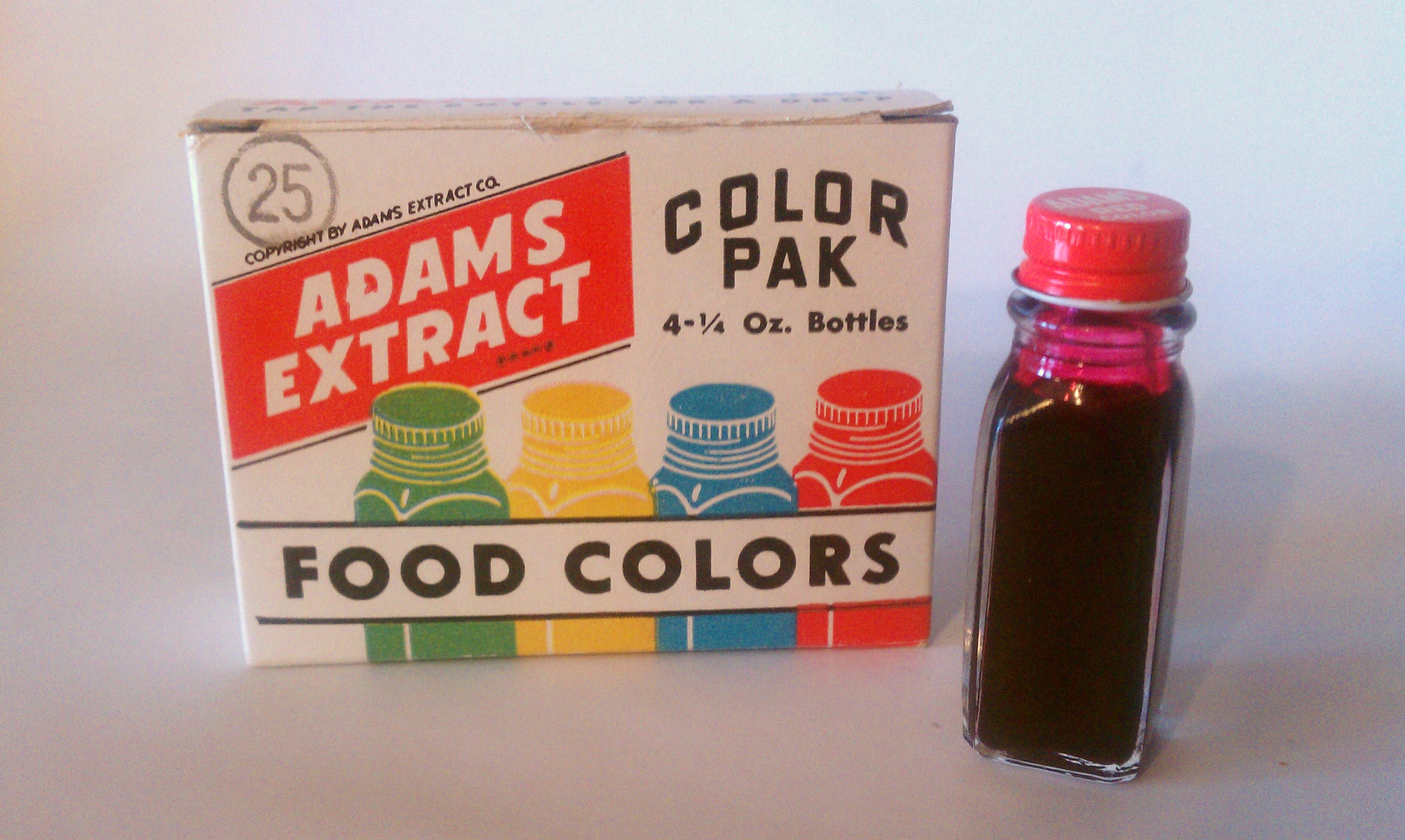Five tips for successful alcohol rehabilitation

If you are facing alcohol rehab, it’s natural that you will feel uncertain, nervous, maybe even scared. This is totally normal. This is a massive turning point in your life as you make your first moves towards being sober.
Arriving in rehab, you’ll find yourself following a tight schedule with numerous activities set up to help you to face the fact that you have become an addict. You will undergo psychotherapy and counseling, exercise, medication and other forms of therapy, all of which are carefully selected to help you on your journey.
Small steps
If every morning you start off saying I’m going to be sober forever, that’s going to be pretty daunting. Think about the little things that will help you towards this goal rather than the major goal itself. You told yourself you’re not going to have a drink today. What alternatives can productively fill your time? It could be something as minor as simply tidying your room or going for a brisk walk. Maybe think about what you might do when you’re sober; review your resume or hunt out some job leads. Always have something on your to-do list that you know you can achieve. This will help you to stay focused and provide you with encouragement – every day you will achieve something.
Build up your support network
When you’re in rehab, you will start to build relationships with those you share group therapy with, people who are on the same journey as you. Your support network should also encompass your therapists and counselors who can give you the insights, toolkit, and resources you need to progress. Having support from your family and friends is also an important part of the network, knowing you’ve got someone to talk with when you need them.
Have something that makes you happy with you
Take something into rehab with you that can work as an encouragement and motivation as you begin to address your issues, perhaps a photograph of your family or a book about a country you plan to visit when you’re sober. Anything that offers you motivation and keeps you positive will be a great help as you move forward.
Don’t imagine you’ll always want to be sober
You wouldn’t be in rehab if you didn’t want to be sober, but everyone has periods when they don’t feel engaged or feel depressed. If you’re feeling like that, the concept of giving up and having a drink will seem both easy and attractive. Nobody who goes through rehab doesn’t experience this feeling occasionally. When this happens, be honest about how you feel and about the way your addiction is trying to make you give into it. Tell your support network what’s happening. Having such feelings isn’t the same as acting on them. Even after rehab, when you’re having aftercare treatment, the chronic disease that is addiction will still nag at you from time to time; make sure you keep up with your treatment to combat this.
Make sure you get aftercare
Prior to leaving rehab, you must make sure you are referred to local providers to continue your treatment. If one particular treatment was effective for you, for example, acupuncture or meditation, ask for a referral to a local specialist in that treatment who knows how to treat addiction and alcohol abuse. Ask to be referred to support groups, 12-step groups, and local therapists so that you can build on the work you did in rehab when you’re at home.







